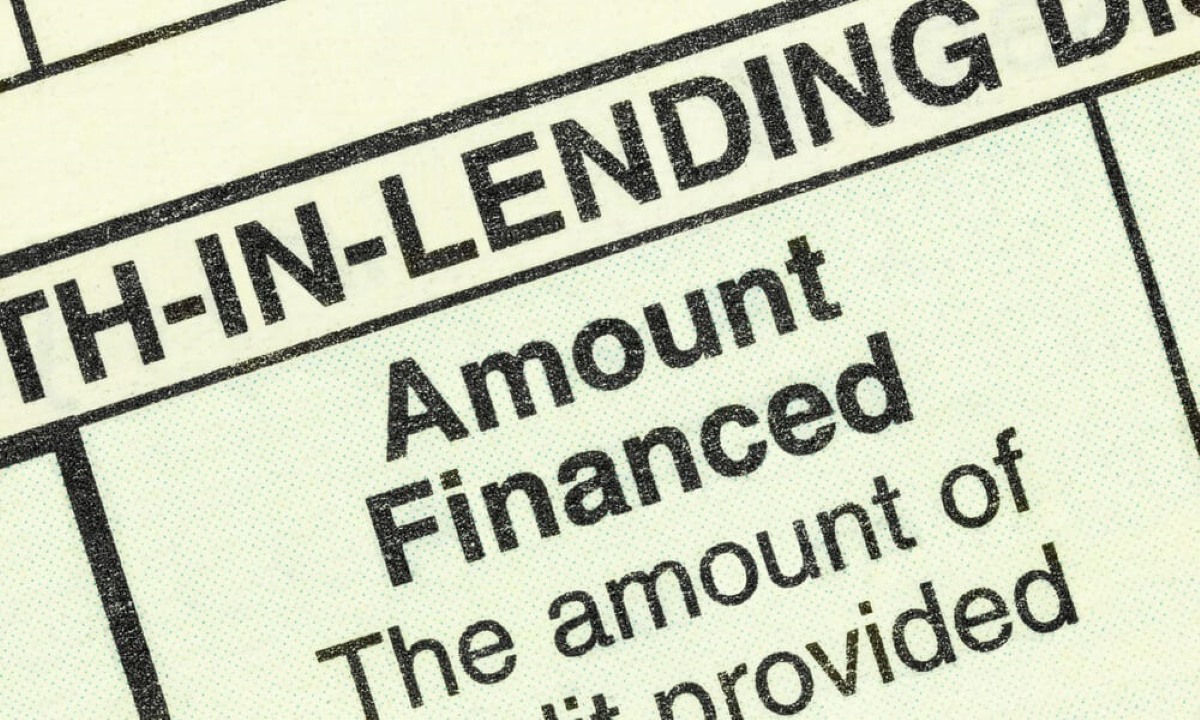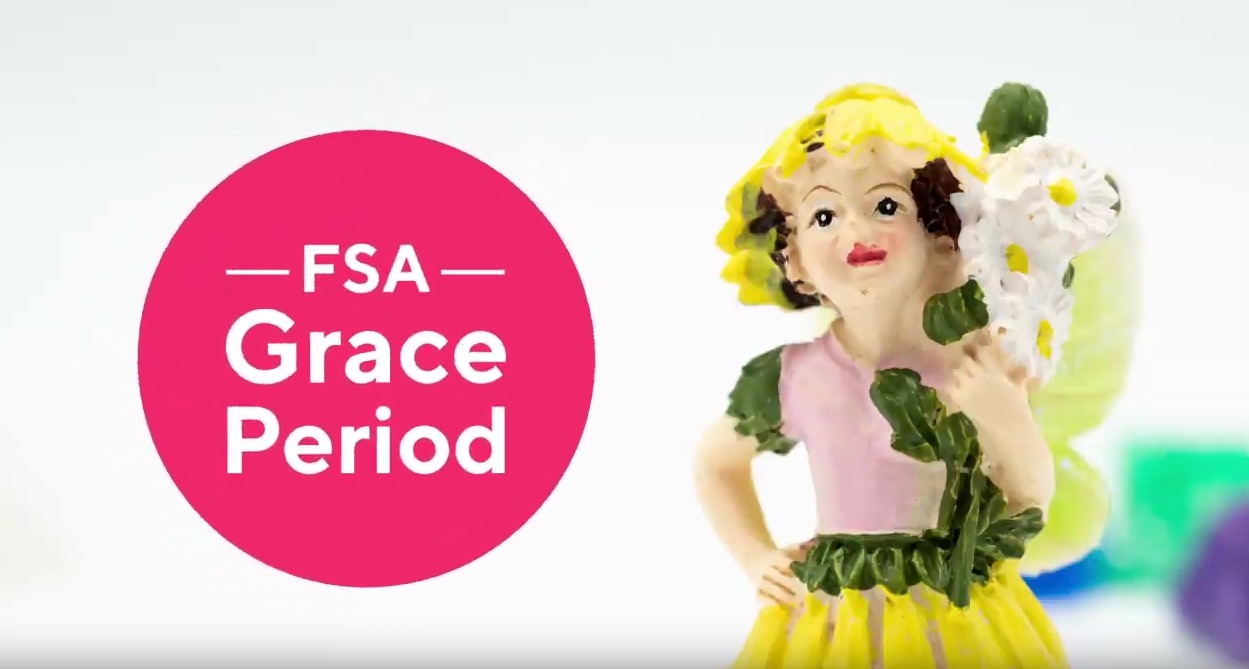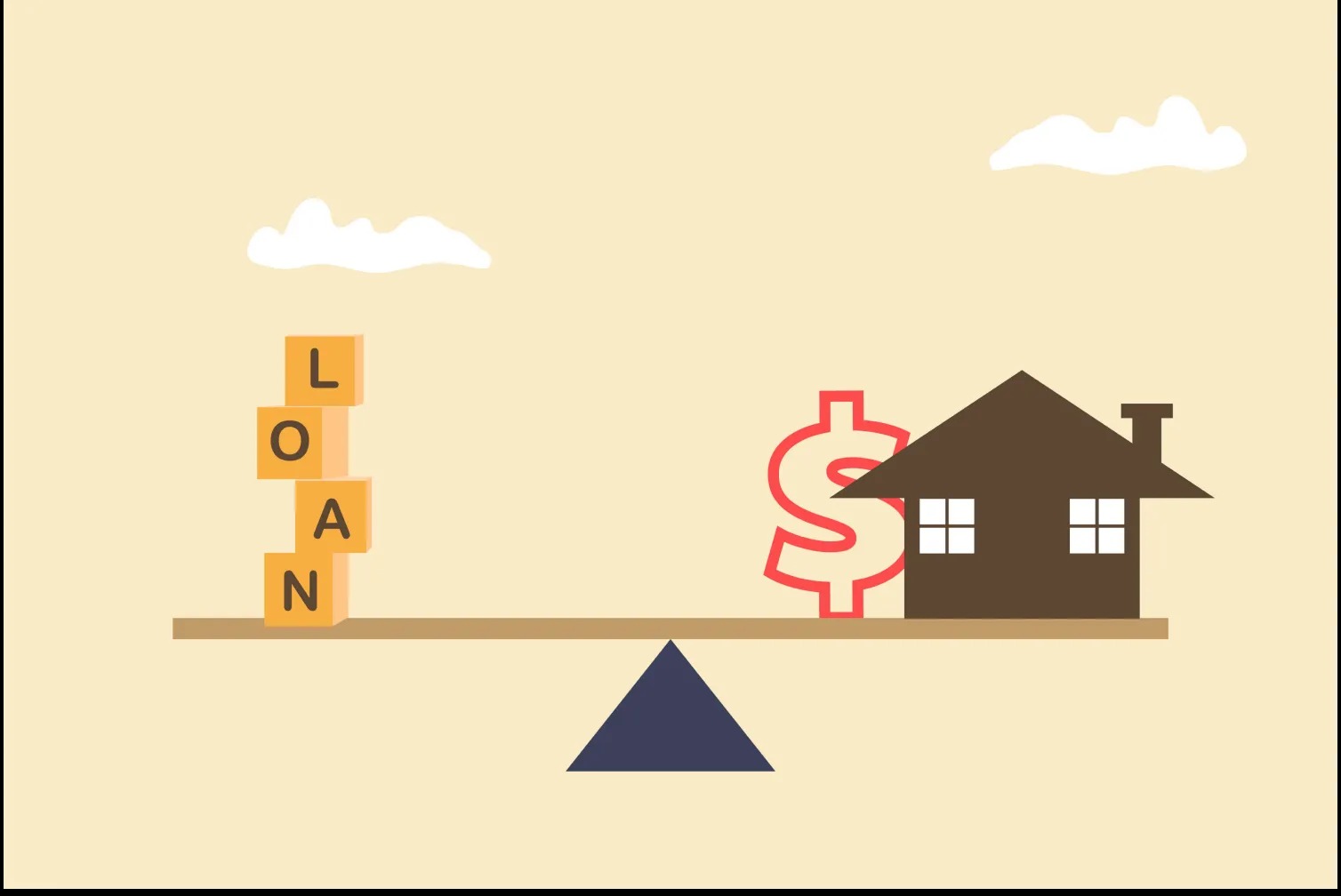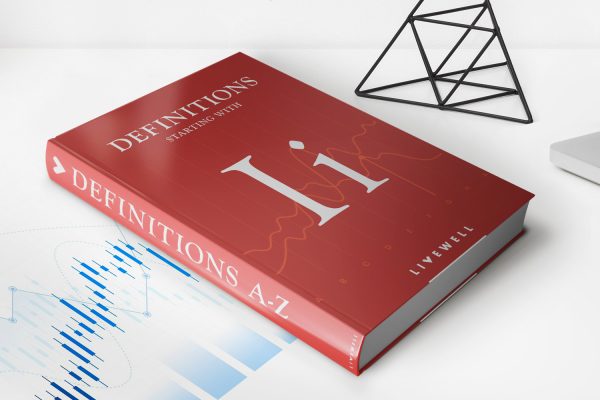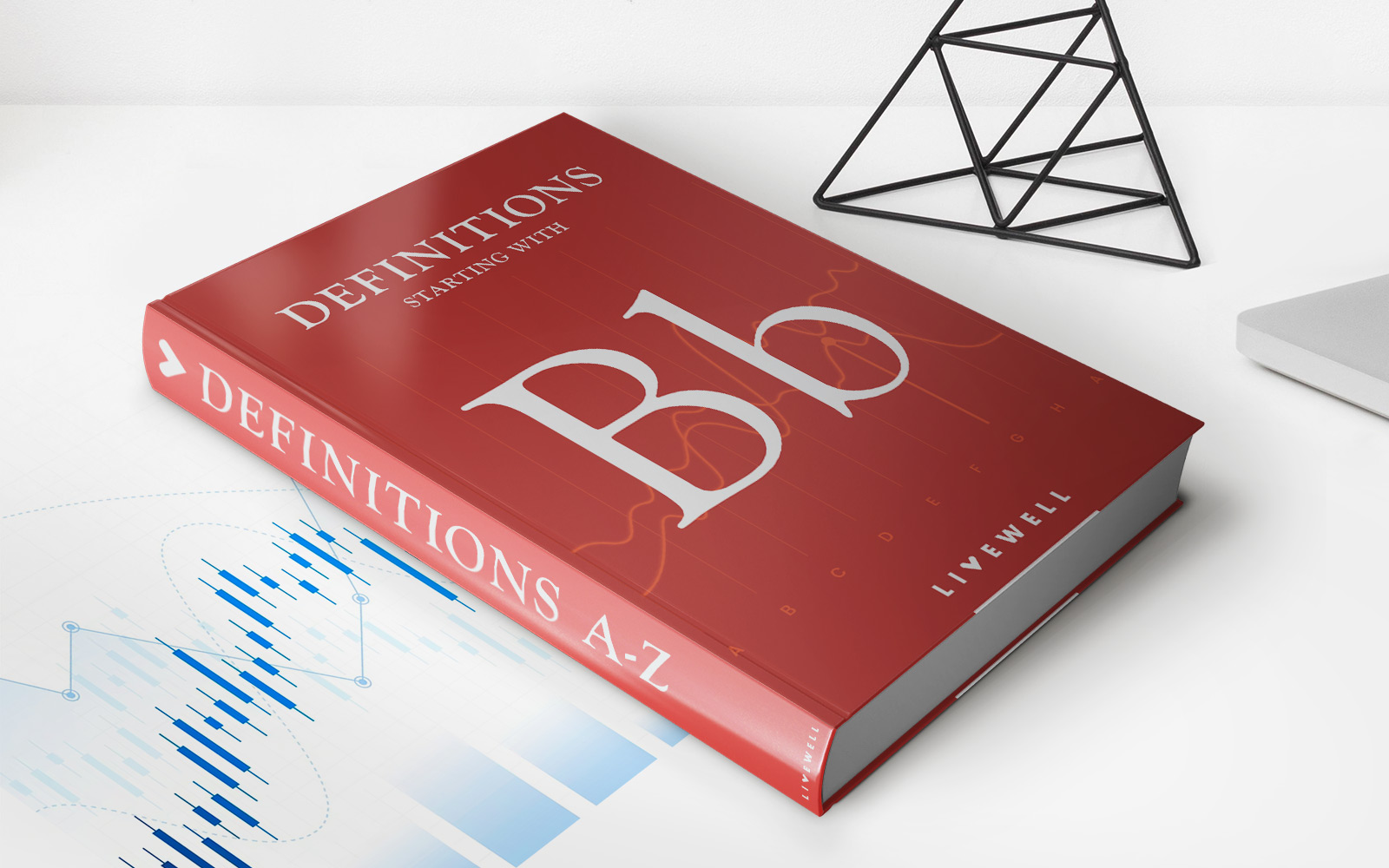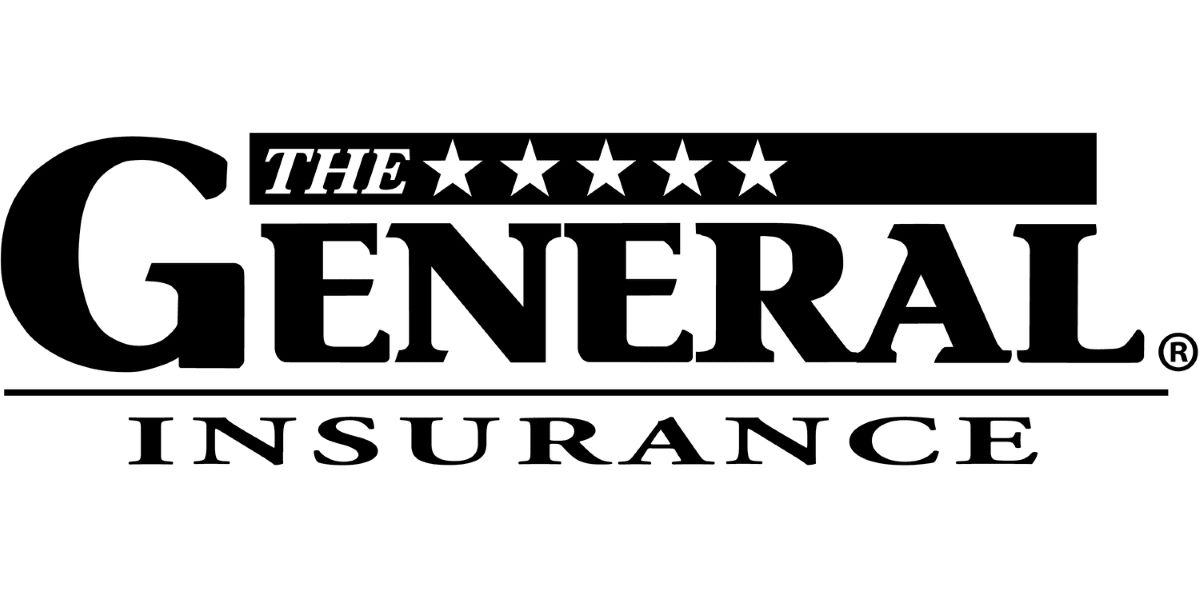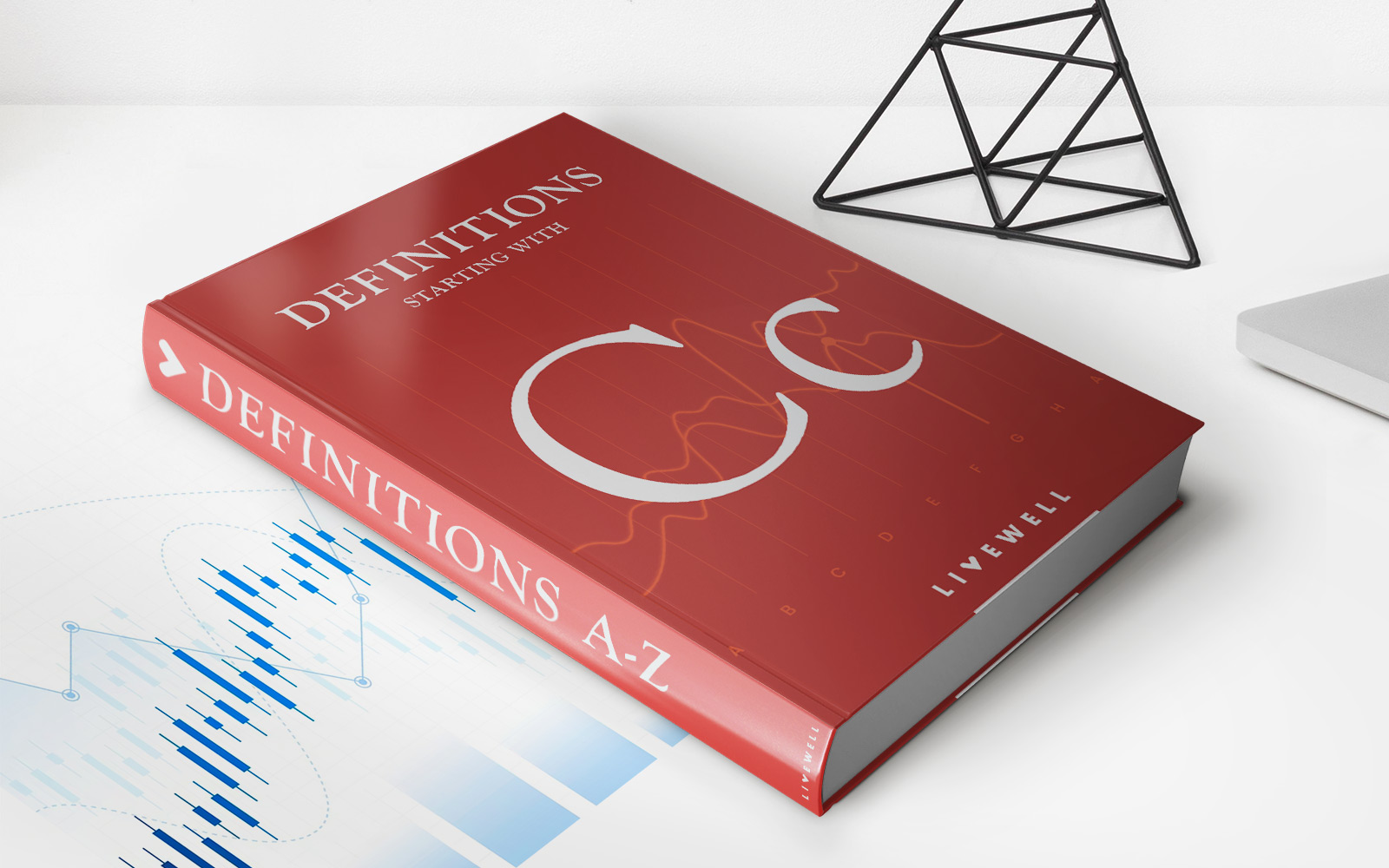

Finance
What Is Grace Period Definition?
Published: February 20, 2024
Learn the definition of grace period in finance and its importance. Discover how grace periods can affect your financial obligations and planning.
(Many of the links in this article redirect to a specific reviewed product. Your purchase of these products through affiliate links helps to generate commission for LiveWell, at no extra cost. Learn more)
Table of Contents
**
Introduction
**
In the realm of personal finance, the term "grace period" holds significant importance for individuals managing various financial obligations. Whether it pertains to credit cards, loans, or insurance policies, understanding the concept of a grace period is crucial for making informed decisions and managing financial responsibilities effectively.
A grace period can be defined as a specified period of time during which a payment can be made after its due date without incurring a penalty. This period is typically granted by lenders, creditors, or insurance providers as a courtesy to borrowers and policyholders. It serves as a buffer, offering individuals a brief extension beyond the due date to submit their payments without facing adverse consequences.
During this grace period, individuals are not subjected to late fees or negative credit reporting, provided that the payment is made within the specified timeframe. This leniency can offer much-needed flexibility to individuals who may encounter temporary financial constraints or unforeseen circumstances that hinder their ability to make timely payments.
Understanding the nuances of grace periods is essential for navigating the intricacies of financial agreements and commitments. Whether it involves credit card payments, loan installments, or insurance premiums, the presence of a grace period can significantly impact an individual's financial well-being. By delving into the various types of grace periods and their implications, individuals can gain a comprehensive understanding of this fundamental aspect of personal finance.
**
Understanding Grace Period
It’s essential to grasp the intricacies of a grace period to effectively leverage its benefits and avoid potential pitfalls. A grace period, in the context of personal finance, is a predetermined span of time following the due date for a payment during which the payer can submit the required amount without incurring penalties. This period acts as a safeguard, providing individuals with a brief extension to fulfill their financial obligations without facing adverse consequences.
For credit card holders, the grace period typically refers to the window between the end of a billing cycle and the due date for the subsequent payment. During this period, individuals can settle their outstanding balance without incurring interest charges. It essentially serves as an interest-free period, allowing cardholders to repay their balance in full without being subject to additional financial burdens.
When it comes to loans, the grace period denotes the duration following the due date during which the borrower can make the payment without incurring late fees or negative repercussions. This timeframe offers borrowers a cushion, acknowledging that unforeseen circumstances or temporary financial constraints may impede their ability to make timely payments.
Insurance policies also incorporate grace periods, providing policyholders with an extension beyond the due date to pay their premiums without facing policy cancellation or lapses in coverage. This leniency acknowledges the potential challenges individuals may encounter in meeting their financial commitments and aims to prevent undue hardship resulting from missed payments.
Understanding the specific terms and conditions of a grace period is crucial, as these provisions can vary based on the type of financial obligation. By familiarizing themselves with the nuances of grace periods, individuals can navigate their financial responsibilities with greater confidence and ensure that they leverage this benefit effectively.
**
Types of Grace Period
Grace periods manifest in various forms across different financial instruments, each tailored to the specific nature of the financial obligation. Understanding these distinct types of grace periods is instrumental in effectively managing financial responsibilities and optimizing the benefits they offer.
1. Credit Cards:
Credit card grace periods typically revolve around the billing cycle and the due date for the subsequent payment. During this period, cardholders can settle their outstanding balance without incurring interest charges. It’s important to note that not all credit cards offer a grace period, and the specifics can vary based on the issuer and the terms of the card agreement.
2. Loans:
Grace periods for loans encompass the duration following the due date during which borrowers can make their payments without facing late fees or adverse consequences. This period acknowledges that individuals may encounter temporary financial constraints and provides them with a window to submit their payments without incurring penalties.
3. Insurance Policies:
Insurance grace periods offer policyholders a brief extension beyond the premium due date to make their payments without risking policy cancellation or lapses in coverage. This leniency recognizes that individuals may face challenges in meeting their financial obligations and aims to prevent undue hardship resulting from missed premium payments.
4. Utilities and Services:
Some utility providers and service companies also extend grace periods, allowing customers to make payments after the due date without incurring penalties. This practice acknowledges that individuals may encounter unforeseen circumstances that hinder their ability to settle their bills promptly.
5. Rent:
In the realm of rental agreements, some landlords may offer a grace period for tenants to submit their rent payments after the due date without facing immediate consequences. This provision can provide tenants with a brief window to address temporary financial constraints without risking eviction or late fees.
By recognizing the diverse manifestations of grace periods across various financial domains, individuals can navigate their financial commitments with a nuanced understanding of the leniency and flexibility offered by these provisions.
**
Importance of Grace Period
The presence of a grace period holds immense significance in the realm of personal finance, offering individuals a crucial buffer to manage their financial obligations effectively. Understanding the importance of this provision can empower individuals to navigate their financial responsibilities with greater confidence and flexibility.
1. Financial Flexibility:
A grace period provides individuals with a degree of financial flexibility, acknowledging that unforeseen circumstances or temporary constraints may hinder their ability to make timely payments. This leniency can offer much-needed breathing room, preventing immediate penalties or adverse consequences resulting from delayed payments.
2. Mitigating Penalties:
By availing of the grace period, individuals can mitigate the impact of late payments, such as late fees, interest charges, or negative credit reporting. This can safeguard their financial well-being and prevent the accumulation of additional financial burdens that may arise from delayed payments.
3. Preventing Policy Lapses:
For insurance policyholders, a grace period plays a pivotal role in preventing policy cancellations or lapses in coverage due to missed premium payments. This ensures that individuals maintain the protection and benefits offered by their insurance policies, even if they encounter temporary difficulties in meeting their financial obligations.
4. Avoiding Immediate Consequences:
Grace periods offer individuals the opportunity to address temporary financial constraints without facing immediate repercussions. Whether it pertains to credit card payments, loan installments, or other financial obligations, this provision acknowledges that individuals may encounter challenges that hinder their ability to make timely payments.
5. Enhancing Financial Management:
By leveraging the benefits of a grace period, individuals can enhance their financial management practices and navigate their financial commitments more effectively. This can contribute to improved financial discipline and responsible payment behaviors, ultimately bolstering their overall financial well-being.
Recognizing the importance of a grace period empowers individuals to make informed financial decisions and leverage this provision to their advantage. By understanding the role it plays in mitigating financial challenges and offering essential flexibility, individuals can navigate their financial landscape with greater resilience and confidence.
**
Examples of Grace Period
Illustrative examples of grace periods across various financial domains shed light on the practical application and impact of this leniency in real-world scenarios. These examples demonstrate how grace periods offer individuals the opportunity to manage their financial obligations with greater flexibility and resilience.
1. Credit Card Payments:
Many credit card issuers provide a grace period between the end of the billing cycle and the due date for the subsequent payment. During this period, cardholders can settle their outstanding balance without incurring interest charges. For instance, if a billing cycle ends on the 15th of the month and the payment due date is the 5th of the following month, the intervening period represents the grace period during which cardholders can make interest-free payments.
2. Loan Repayments:
Grace periods for loans offer borrowers a window of opportunity to make their payments after the due date without facing late fees or negative repercussions. For example, a student loan may provide a grace period of six months following graduation before the borrower is required to commence repayment. This provision acknowledges the transitional phase after completing studies and entering the workforce, offering borrowers a buffer before they are obligated to start repaying the loan.
3. Insurance Premiums:
Insurance policies often incorporate grace periods, allowing policyholders to make premium payments after the due date without risking policy cancellations. For instance, a health insurance policy may offer a 30-day grace period following the premium due date, enabling policyholders to maintain continuous coverage even if they encounter temporary financial constraints that hinder their ability to make timely payments.
4. Rent Payments:
In the context of rental agreements, some landlords may provide tenants with a grace period to submit their rent payments after the due date without facing immediate consequences. For example, a rental lease may stipulate a five-day grace period following the rent due date, allowing tenants to address temporary financial constraints without incurring late fees or risking eviction.
These examples underscore the tangible benefits of grace periods in mitigating the impact of delayed payments and offering individuals the flexibility to manage their financial commitments effectively. By providing these practical illustrations, individuals can grasp the real-world implications of grace periods across diverse financial contexts.
**
Conclusion
Grace periods represent a fundamental aspect of personal finance, offering individuals a crucial buffer to manage their financial obligations effectively. Whether it pertains to credit card payments, loan installments, insurance premiums, or rental agreements, the presence of a grace period provides individuals with essential flexibility and resilience in navigating their financial landscape.
Understanding the nuances of grace periods is pivotal for leveraging this leniency to one’s advantage and avoiding potential pitfalls associated with delayed payments. By recognizing the diverse manifestations of grace periods across various financial domains, individuals can harness this provision to mitigate the impact of late payments, prevent immediate penalties, and maintain continuous coverage and benefits offered by financial instruments such as insurance policies.
Moreover, the importance of a grace period extends beyond mere leniency, encompassing the broader implications of financial flexibility, responsible payment behaviors, and enhanced financial management. By availing of the benefits offered by grace periods, individuals can navigate their financial commitments with greater confidence, mitigate the impact of temporary financial constraints, and bolster their overall financial well-being.
As individuals continue to engage with various financial instruments and commitments, the concept of a grace period serves as a valuable ally, providing them with a degree of breathing room and safeguarding their financial interests. By recognizing the practical application and impact of grace periods through illustrative examples, individuals can gain a comprehensive understanding of this crucial provision and its role in shaping their financial journey.
In essence, the presence of a grace period underscores the empathetic and adaptive nature of financial agreements, acknowledging the potential challenges individuals may face in meeting their financial obligations. By embracing this leniency and understanding its implications, individuals can navigate their financial landscape with resilience, flexibility, and informed decision-making, ultimately fostering a more secure and empowered approach to personal finance.
